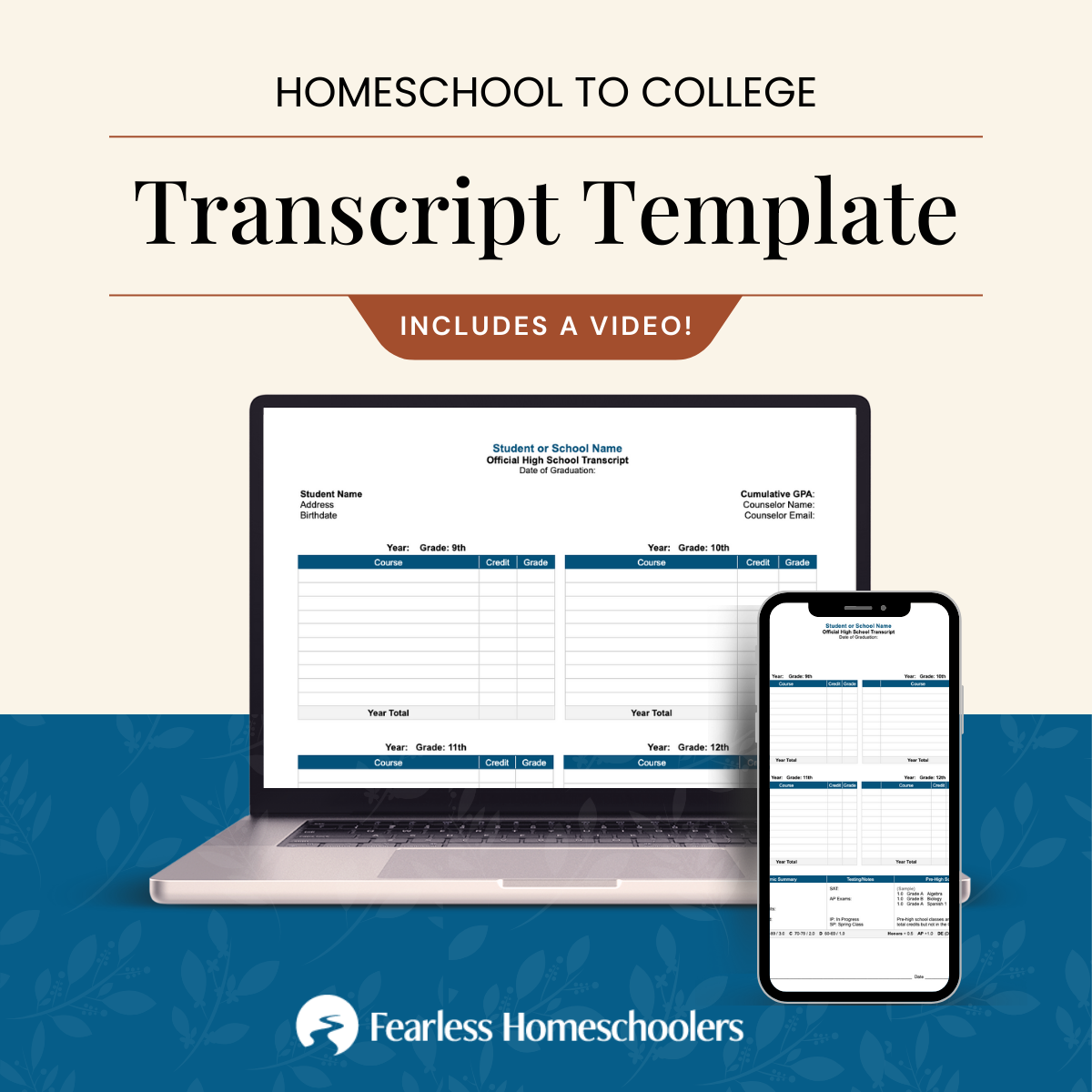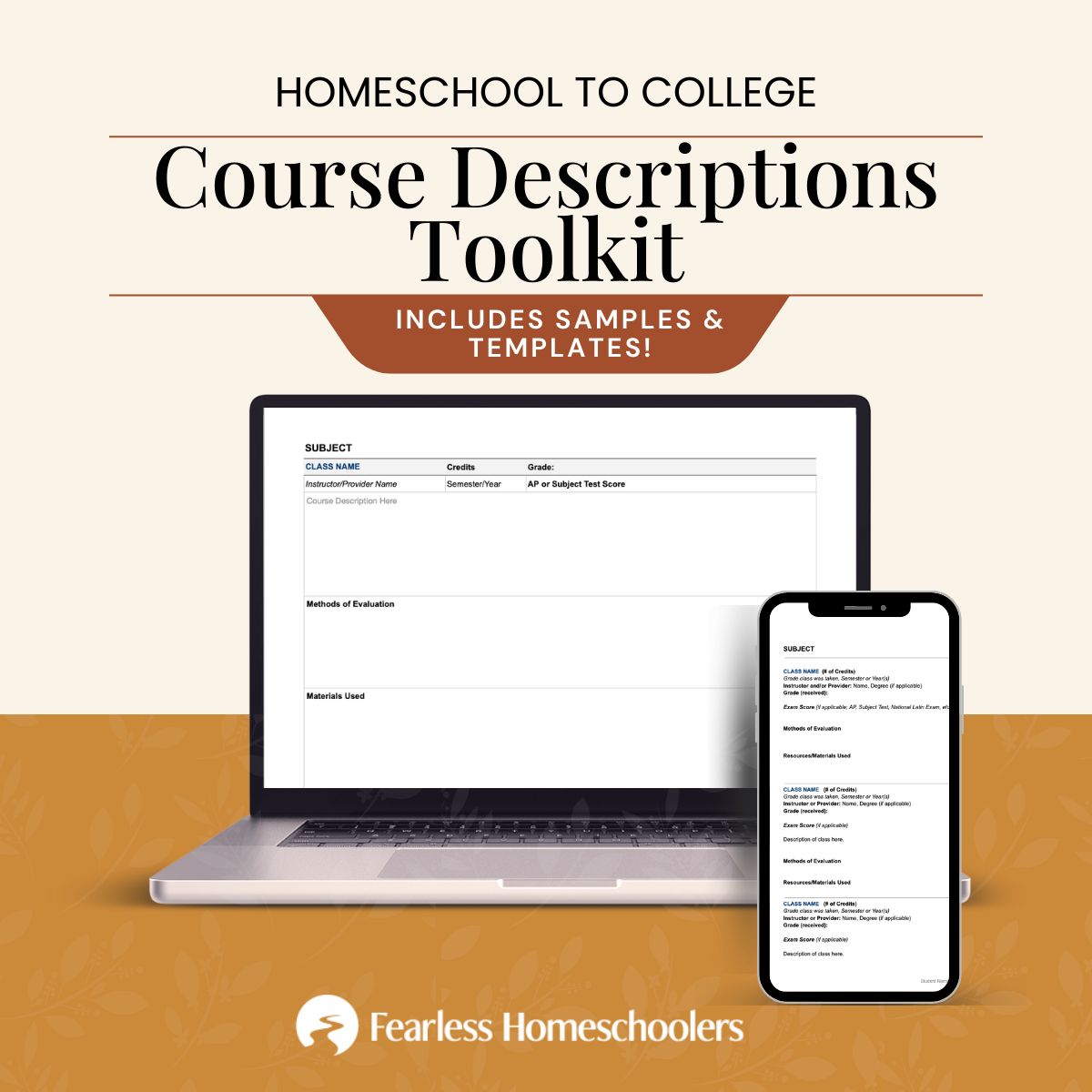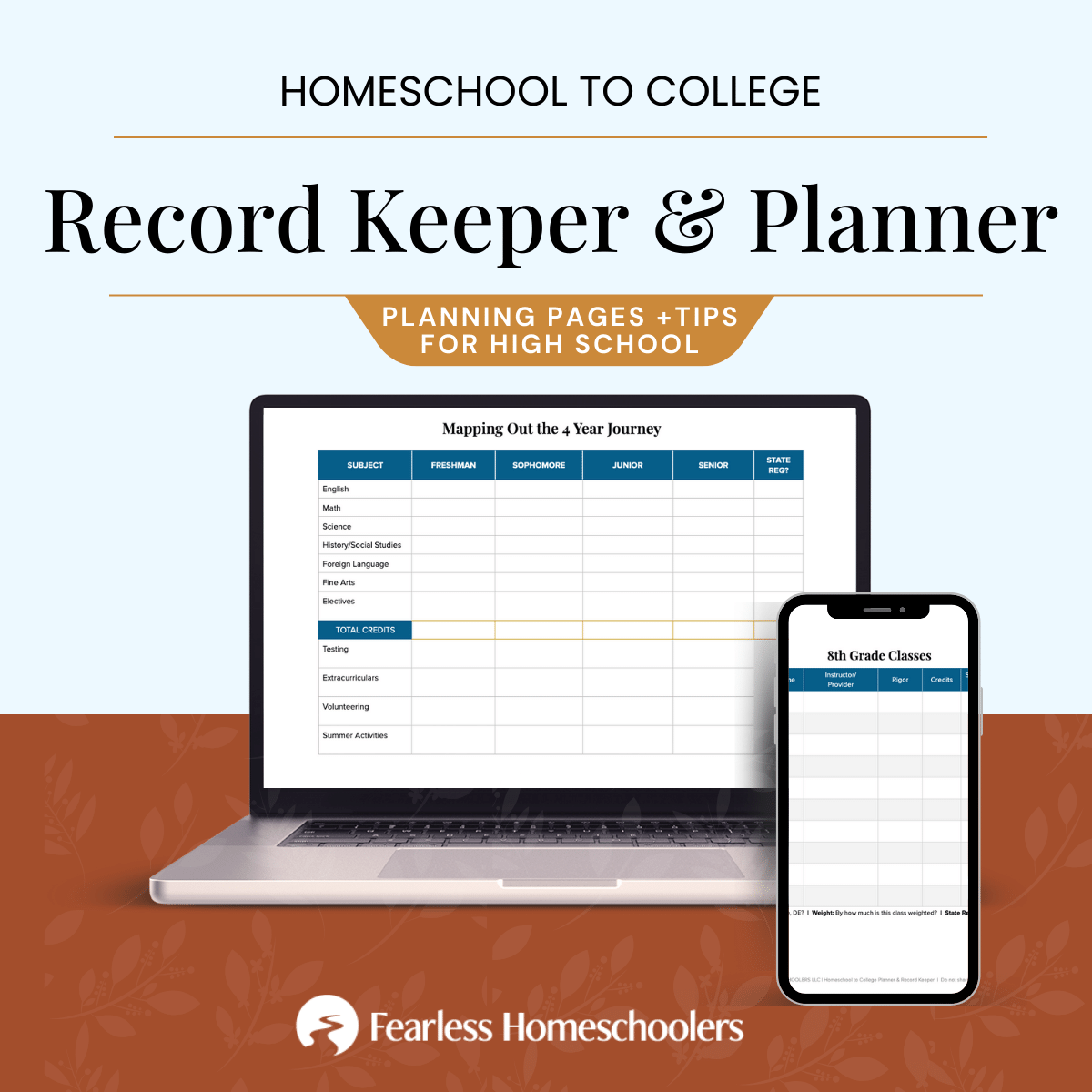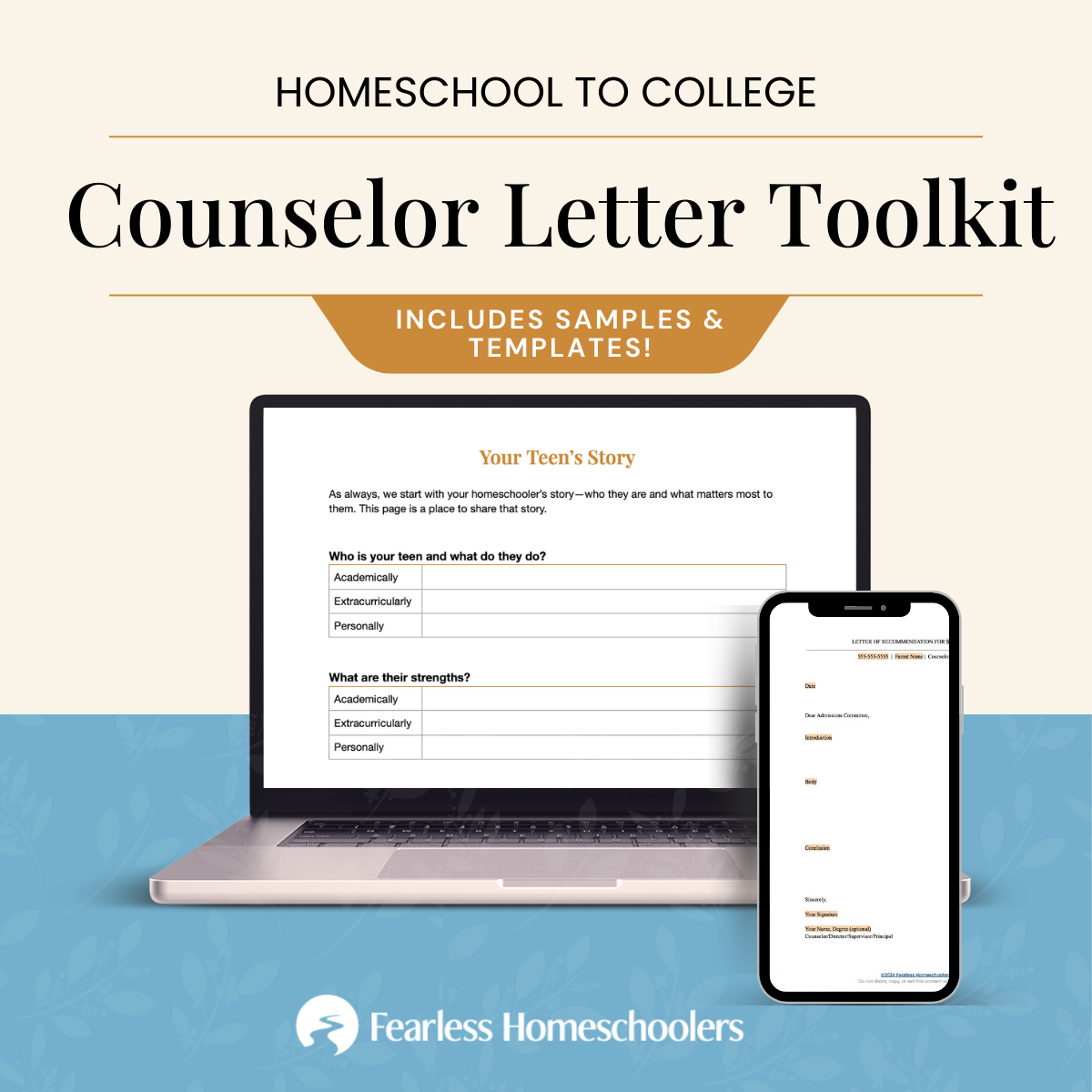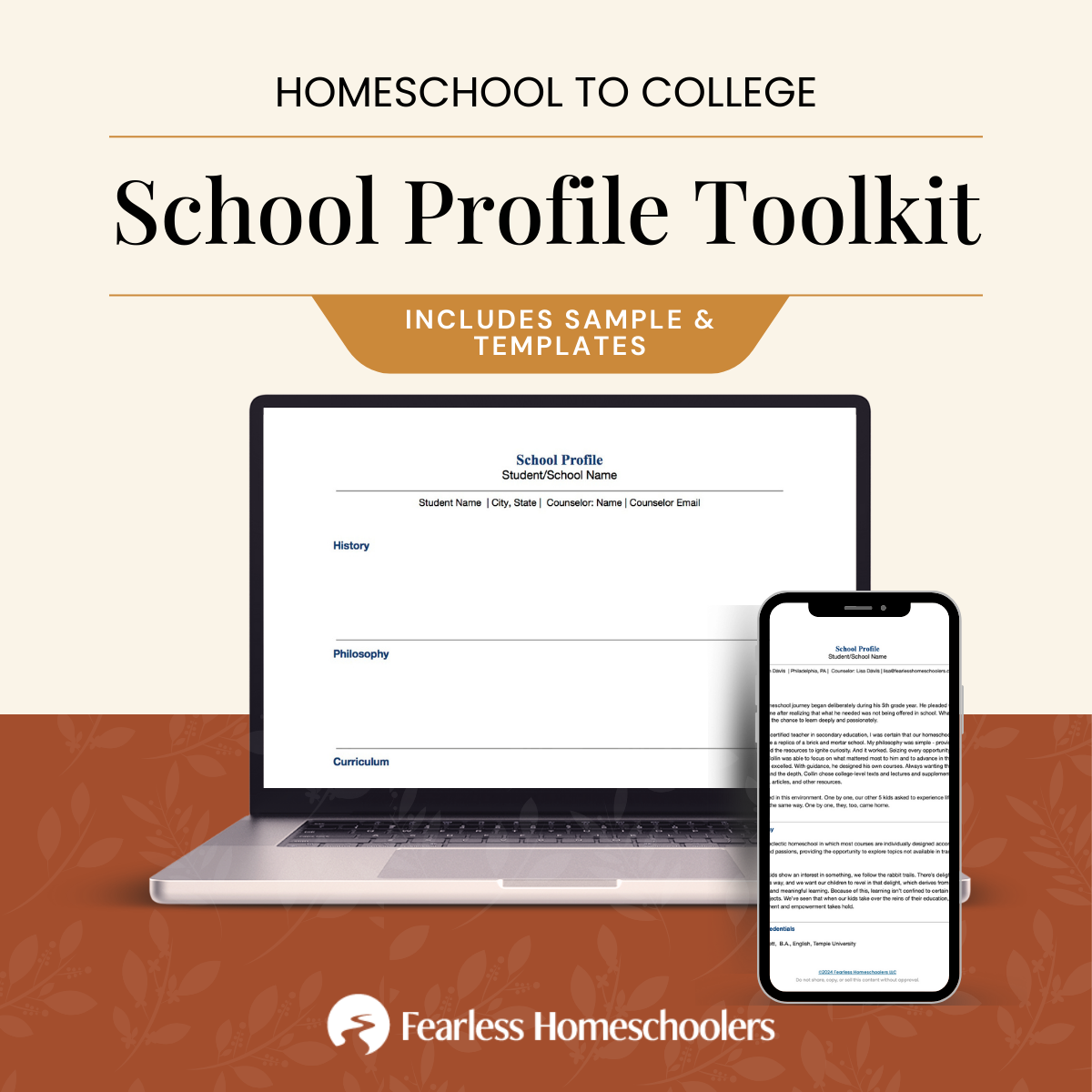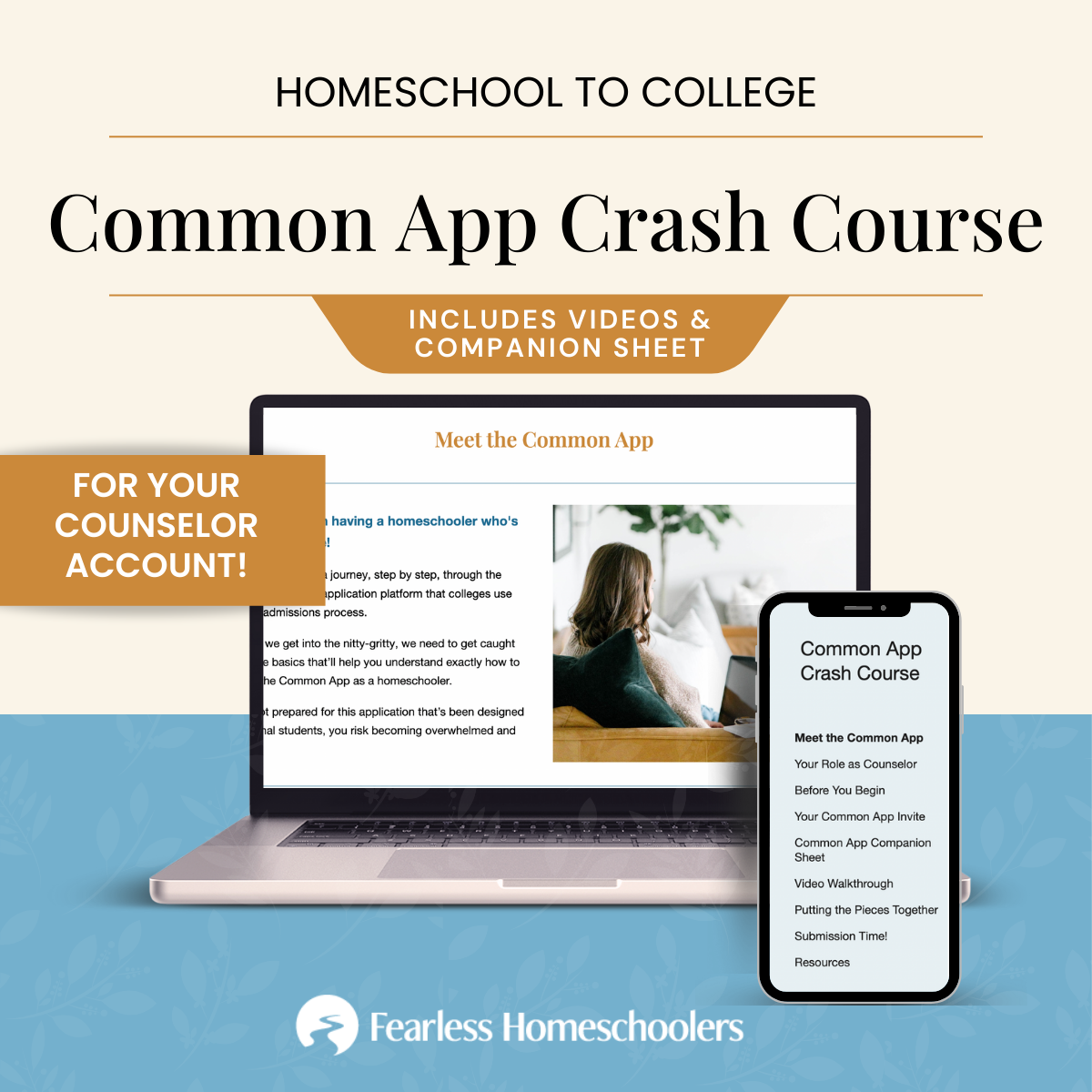How to Jumpstart Your Homeschooler's College Search
Just how the heck do you start your homeschooler’s college search?
I mean, there are over 4,000 institutions in this country alone.
How do you narrow it down? What matters? What doesn’t matter?
How do you find that “perfect fit?” Wait. How do you know what the “perfect fit” is?
Here’s the good news.
There are over 4,000 institutions in this country alone. 🙂
Which ones are the best options for your homeschooler?
I’m going to show you how you can get a jumpstart on this amazing journey.
You will often hear me say, “If this process doesn’t change who you, then you’re not doing it right.”

Find colleges for your homeschooler in a way that feels good.
Begin your homeschooler’s college search the RIGHT way.
1. Why College?
Ask yourself this question. Ask your homeschooler this question. Let your answers guide you through the next steps of the process. My previous blog post “Should Homeschoolers Play the College Game?” walks you through the questions you should ask yourself and your homeschooler.
2. Reflect.
Let this be a time when your homeschooler starts thinking, wondering, imagining. Develop that habit now because reflecting on who they are and who they want to be will evolve and be a major factor in finding the right school. Here are some basic questions homeschoolers can ask themselves at the very beginning.
- How have you done your best learning?
- What would you like to learn more about?
- How hard do you want to work academically?
- Do you have any idea what you want to do with your life?
- What would you like to do on a typical Tuesday night in college? What about a typical Saturday night?
- Do you want to go to a college in a place that’s different or similar to where you live now?
- Do you want to be with students who are like you or different from you?
- What’s your family’s college budget?
3. Know the financial reality.
Be real with yourself and with your homeschooler. Know what colleges will expect you to pay and know what you are able and willing to pay.
Arm yourself with the financial policies of each school. Know financial aid lingo. Know your Expected Family Contribution before you add colleges to the list.
This book is a MUST read!

Related: The Truth about Merit Scholarships for Homeschoolers
4. Make visits to local schools.
Have fun with this one! They don’t need to be researched; they don’t need to be a perfect fit. Just pick a state university, a research university, and a liberal arts college. Your goal is to get your homeschooler to notice things — different sizes, locations, campuses, students, towns. Take a tour, enjoy an information session, sit on a bench in the middle of campus, go to the coffee shop. This is a practice run to get excited and knowledgeable and thoughtful about the process — before getting attached!
TIP: Do NOT make one of these schools a super reach school. Take it from me: it’s hard for kids to see value in other schools when the bar is set so high!
5. Take a Practice SAT or ACT test.
If you don’t have scores in hand, how do you know what kinds of school to consider? Take a practice exam. Or better yet, take one of each. That way, your homeschooler will know which test to concentrate on during the upcoming months. Many students do better on one than the other.
6. Buy a few books.
Borrow from the library if you’d like, but you may want to dog-ear and write all over them! Pass these books between you and your homeschooler.
What do I want you to do with these books? Consider new ways of looking at schools (and your homeschooler). Ask more questions.
There are plenty of options; here are three suggestions to get you started:
Fiske Guide to Colleges. Awesome insight into the culture of many schools!

Colleges That Change Lives. Shift your mindset with this book. Consider schools you’ve never heard of before.

Who Gets in and Why. Get a behind-the-scenes look at college admissions. This is a super important book to read!

7. Check out a school’s youtube and social media accounts.
Some are very active; some aren’t. But it can give your homeschooler a better feel for a school. Click here to see one of my fave youtube videos from Beloit College.
TIP: If your homeschooler is interested in a school, have them follow their social media accounts. Some schools track that as “Demonstrated Interest”.
8. Check school websites.
Many have virtual tours and admissions blogs. Search for their “Student Profile”. It will give you a heads up to their incoming class’s average GPA, scores, and other statistics. Many now have pages dedicated to homeschool applicants, so be sure to check those out as well.
Have you ever read Georgia Tech’s admissions blog? It’s compassionate and real.
9. College Search Engines.
I know, I know — this is how you became overwhelmed in the first place. In this early stage of the game, just use a couple of sites. Just change the variables to see if the same schools keep popping up. Here are a few I recommend at the beginning of a search:
10. Consider Academics.
Has your homeschooler already decided on a major? If so, that can certainly narrow down your search. But go deeper than the name of the major when looking at schools. How is the major designed? What is its goal? Is it more theoretical or applied? What research are the professors doing? How many students graduate in that major?
11. Ignore Rankings.
In fact, don’t even go to US News and World Report. And don’t go to any of the other biggies when it comes to college rankings. You’re going through this process the right way! And that’s by building your own rankings by what matters most to you.
12. Go to Local College Fairs.
These can be crowded and impersonal, but it’s a great way to connect with a bunch of schools at once. Be sure to ask them what they like to see from homeschoolers! Check out the NACAC link below for fairs in your area.
13. Flexibility of Curriculum
Here’s something you may not know. Each school is different in how the approach their learning philosophy. Make sure you know what kind of curriculum a school has — Is it an open curriculum? Does it have a Core? Does it have block scheduling or some other unique feature that allows you to create your own major? Or does it not even have a major like St. John’s College?
So when do you begin the search?
Junior year is the typical time to truly begin the search, but dip your feet in during freshman and sophomore years. Take a day and enjoy a local campus or visit a school while on vacation. Make it as low key and enjoyable as possible!
And just a heads up. Sometimes students aren’t too motivated to begin this process. Making those relaxed visits is a great way to ease into things.
The tips shared above are a great way to jumpstart this process. They are best at the very beginning of the search. Things becomes much more detailed and personalized as time goes on.
So, no more excuses! Go back up to number one and enjoy the journey!

